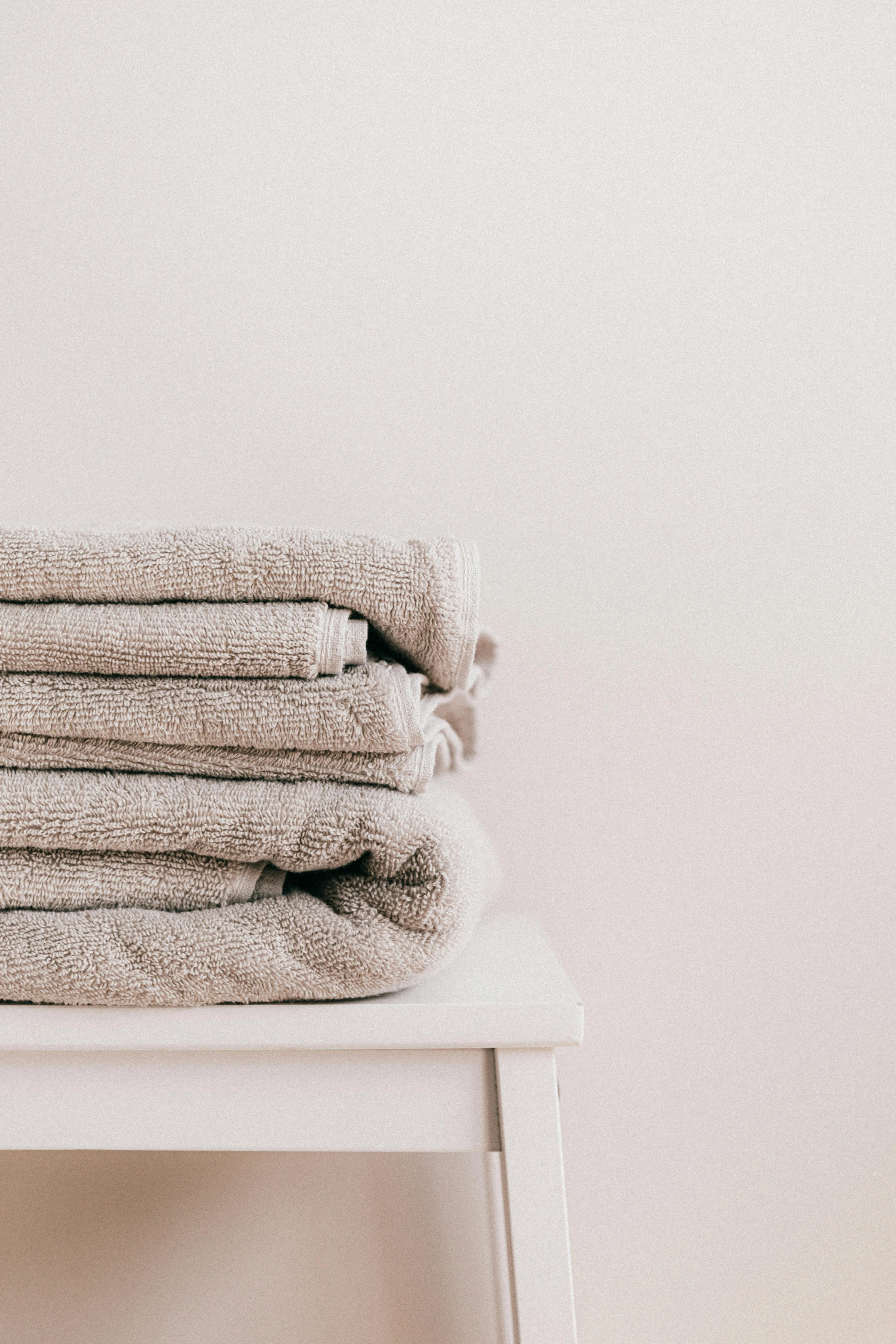How Often Should You Wash Your Clothes in Singapore?
Expert guidelines for maintaining fresh clothes in Singapore's tropical climate
Singapore's Tropical Climate Factor
With average temperatures of 25-31°C and humidity levels of 70-80%, Singapore's climate significantly impacts how often you should wash your clothes. This guide is specifically tailored for our unique weather conditions.

Singapore's tropical climate presents unique challenges for clothing care. The combination of high humidity, frequent rain, and year-round warmth means clothes get dirty faster and require more frequent washing than in temperate climates. Let's explore the optimal washing frequency for different clothing types in our local environment.
Why Singapore's Climate Affects Washing Frequency
Creates ideal conditions for bacteria growth and mold development on clothing, requiring more frequent washing.
Increased sweating and body oil production transfer more quickly to clothing, accelerating odor development.
Rain can carry pollutants and create damp conditions that affect clothing freshness and require additional washing.
Urban pollution particles settle on clothing, making them appear dirty faster and requiring more frequent cleaning.
Washing Frequency Guidelines by Clothing Type
Everyday Clothing (After Each Wear)
Must Wash After Every Wear:
- Underwear and socks: Direct contact with skin and sweat
- Workout clothes: High sweat absorption and bacteria growth
- Swimwear: Chlorine, salt, and bacteria from water
- School uniforms: Daily wear in hot, humid conditions
- Medical scrubs: Hygiene requirements
Casual Clothing (1-3 Wears)
Wash After 1-3 Wears:
- T-shirts and tops: 1-2 wears in Singapore's climate
- Shorts and casual pants: 2-3 wears if not heavily soiled
- Dresses: 1-2 wears depending on length of wear
- Light sweaters: 2-3 wears in air-conditioned environments
Formal and Outerwear (3-5 Wears)
Wash After 3-5 Wears:
- Business shirts and blouses: 3-4 wears with proper airing
- Dress pants and skirts: 4-5 wears if not stained
- Blazers and jackets: 5-6 wears with spot cleaning
- Jeans: 4-5 wears (denim benefits from less frequent washing)
Special Items (As Needed)
Wash Based on Usage:
- Coats and heavy jackets: End of season or when visibly dirty
- Suits: Professional cleaning every 5-10 wears
- Evening wear: After each use due to special care requirements
- Accessories: Scarves, belts, and bags as needed
Seasonal Adjustments for Singapore
Monsoon Season (November to March)
During the monsoon season, increase washing frequency due to:
- Higher humidity levels (up to 90%)
- Rain exposure and dampness
- Increased mold and mildew risk
- Reduced air drying opportunities
Dry Season (April to October)
Slightly reduce washing frequency when possible:
- Better air drying conditions
- Lower humidity levels
- More outdoor activities possible
- Reduced mold risk
Lifestyle Factors That Affect Washing Frequency
High activity: Gym, sports, outdoor work - wash more frequently
Low activity: Office work, indoor activities - standard frequency
Air-conditioned: Can extend wear time slightly
Outdoor/Non-AC: Wash more frequently
Good hygiene: Can extend wear time
Heavy sweating: Wash more frequently
Well-ventilated: Better preservation
Humid storage: Wash more frequently
Signs Your Clothes Need Washing
Visual and Olfactory Indicators:
- Visible stains or dirt: Obvious signs of contamination
- Odor: Musty, sweaty, or unpleasant smells
- Discoloration: Yellowing or darkening of fabric
- Texture changes: Stiffness or roughness in fabric
- Allergic reactions: Skin irritation or itching
- Dampness: Clothes that feel moist or clammy
Tips for Extending Wear Time
1. Proper Storage
- Hang clothes in well-ventilated areas
- Use dehumidifiers in storage spaces
- Avoid overcrowding in closets
- Use cedar hangers to repel insects
2. Spot Cleaning
- Address stains immediately
- Use appropriate stain removers
- Test cleaning products on inconspicuous areas
- Blot, don't rub, to prevent spreading
3. Air Out Clothes
- Hang clothes outside for 30 minutes after wear
- Use fabric fresheners between washes
- Rotate clothes to allow proper airing
- Consider steam cleaning for light refreshment
Environmental Considerations
While Singapore's climate requires more frequent washing, consider these eco-friendly practices:
Sustainable Laundry Practices:
- Use eco-friendly detergents
- Wash in cold water when possible
- Run full loads to maximize efficiency
- Consider professional laundry services for bulk items
- Invest in quality clothing that lasts longer
- Repair clothes instead of replacing when possible
When to Use Professional Laundry Services
Consider professional services for:
- Bulk laundry: Large families or busy professionals
- Delicate items: Silk, wool, or designer clothing
- Stubborn stains: Professional-grade stain removal
- Time constraints: Convenient pickup and delivery
- Special treatments: Dry cleaning, pressing, or alterations
- Consistency: Professional equipment and expertise
Conclusion
Singapore's tropical climate requires more frequent washing than temperate regions, but with proper care and attention to fabric types, you can maintain fresh, clean clothes while being mindful of environmental impact.
Remember that these guidelines are flexible and should be adjusted based on your lifestyle, activity level, and personal preferences. When in doubt, it's better to wash more frequently than risk hygiene issues in our humid climate.
Need Professional Laundry Care?
Our expert team understands Singapore's climate challenges and provides tailored laundry solutions. Same-day pickup and delivery available.
Related Articles
Expert insights and practical solutions to keep your bedding fresh longer.
Learn about the effects of leaving detergent on clothes and best practices for stain treatment.